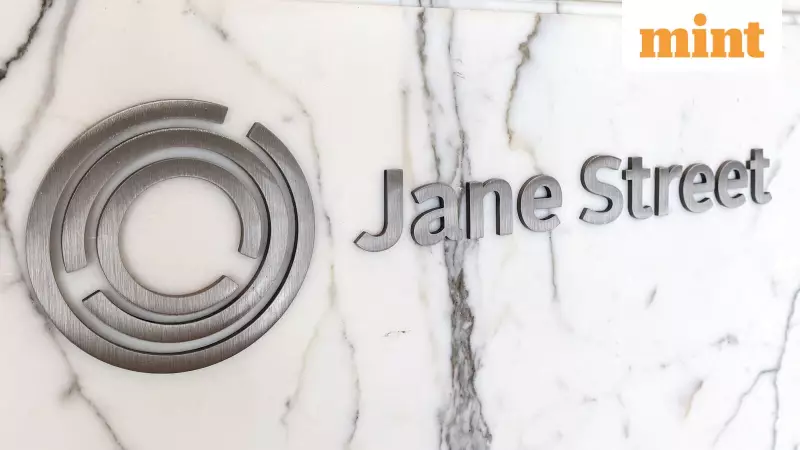
How a French Programming Language Became Jane Street's Golden Goose
In the cutthroat world of quantitative trading, where hedge funds employ everything from satellite imagery to transatlantic gold shipments in pursuit of profits, one firm has taken an unusually academic approach to gaining competitive advantage. Jane Street, the quantitative trading firm often described as the "quant shops' quant shop," has built its massive success around an obscure programming language developed by French academics called OCaml.
The results speak for themselves. Last year, Jane Street's trading revenue nearly doubled to an astonishing $21 billion, placing the firm on par with financial giants like Citigroup and Morgan Stanley. This extraordinary performance is directly attributed to the company's unique technology system, which forms the backbone of its trading operations.
The OCaml Advantage: More Than Just Technical Superiority
While other financial firms typically use a mixture of popular programming languages like Python, Java, or C++, allowing employees to choose the right tool for each job, Jane Street has taken a radically different approach. Since 2005, the company has been systematically rewriting its core systems in OCaml, and today, nearly everyone at the firm works in this specialized language.
Ask any Jane Street trader about OCaml's benefits, and they'll enthusiastically list features like static typing and functional programming that make the language challenging to learn but exceptionally powerful for solving complex financial problems. The company officially states that OCaml helps "maximise the productivity of each person we hire."
However, the language provides additional, less publicized advantages that extend beyond pure technical capability. This month, Jane Street announced its own variant of the language called OxCaml, specifically modified to make it more suitable for the precise, efficiency-critical coding required in high-frequency trading environments.
The Stealth Retention Strategy: How OCaml Keeps Talent
One of OCaml's most significant but rarely discussed benefits involves talent retention. In an industry where non-compete agreements commonly prevent departing employees from joining competitors for two years or more, Jane Street maintains unusually few restrictions on staff who leave the organization.
This liberal approach might seem counterintuitive until you examine the job market for OCaml developers. A review of positions at Millennium, a rival fund that recently clashed with Jane Street in court, reveals the strategic advantage. Millennium seeks engineers experienced in commonly used languages like C++, Go, Java, and Python—skills widely available across both finance and technology sectors.
By contrast, OCaml developers are essentially Jane Street's exclusive domain. The small community of OCaml programmers means that the company's technical staff, particularly those hired directly from university, face limited competition in the job market. Rather than relying on restrictive non-compete agreements, Jane Street has created a situation where its specialized technical environment naturally discourages defection to competitors.
The smaller OCaml community also imposes greater discipline on Jane Street's coders. Instead of relying on readily available open-source solutions, developers must create custom tools specifically tailored to their unique challenges. This approach, combined with Jane Street's influential position within the OCaml community, ensures that the company's needs receive priority when development resources are scarce.
Jane Street's OCaml strategy represents a masterclass in building sustainable competitive advantage. By committing to a specialized technical ecosystem, the firm has not only created a powerful trading platform but also engineered a natural retention mechanism that keeps its valuable technical talent securely within the organization.





